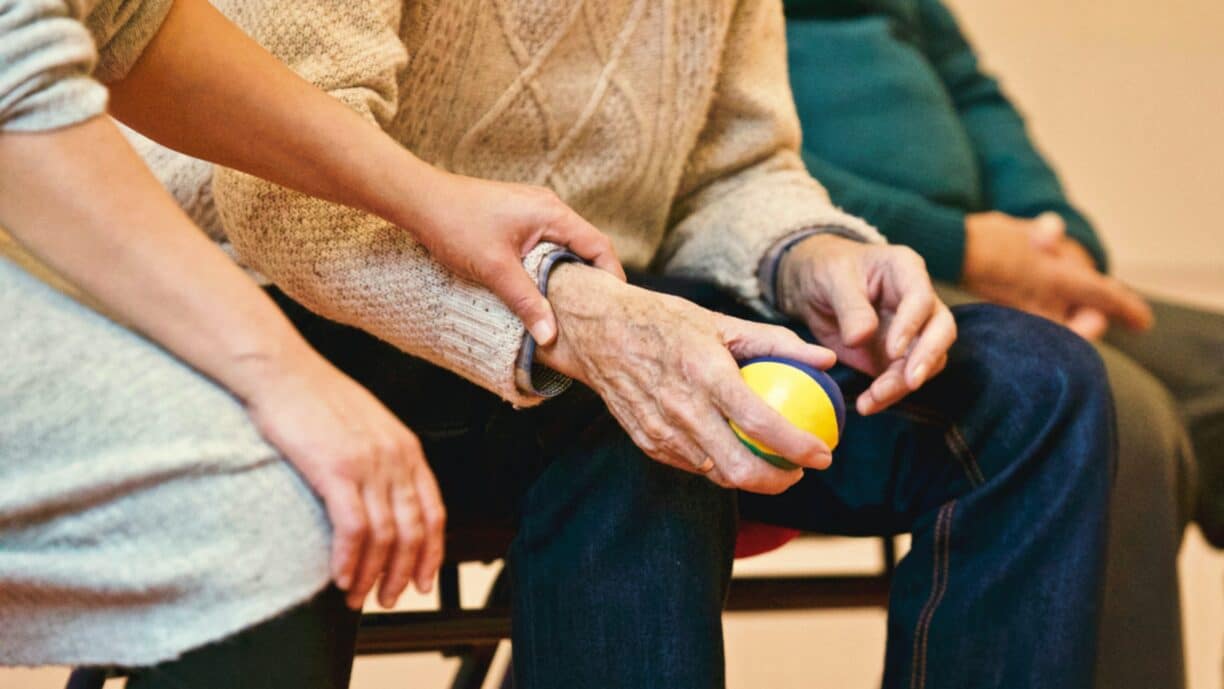The daily struggle faced by family carers looking after elderly relatives is fast producing a mental health crisis impacting millions of people across the country, new research reveals.
Almost two-thirds (61%) of multigenerational carers say their mental health has been impacted by the issues they face supporting ageing parents and other family members. 65% of carers admit they struggle with their mental health generally.
And nearly half (42%) of all family carers are now reliant on prescribed medication to cope with mental health issues.
These are some of the worrying findings from new research conducted into the lives and lifestyles of the nation’s multi-generational carers and the basis for a new campaign from Home Instead, the UK’s largest provider of private home care, to highlight the intolerable burden they are under.
This snapshot study of the state of the voluntary care sector – typically middle-aged people attempting to look after their ageing parents while also working and looking after their own families – exposes a group dealing with unmanageable pressures.
A lack of sleep contributes to mental health issues for carers, according to the research.
Almost two-thirds of carers (65%) say a lack of sleep has left them suffering with depression, stress, or anxiety. 49% using sleeping medication (occasionally or regularly).
The mental health struggles faced by family carers impact every aspect of their lives including work and friendships.
A staggering 75% says they are neglecting their careers and 58% feel they are letting employers down. 71% say they are not putting enough into work.

85% say they are neglecting friendships and 68% say they rarely see friends socially.
Over half (57%) say trying to organise care for elderly relatives is one of the most stressful situations they’ve ever faced.
Significant numbers of family carers self-medicate with alcohol (23%) and illegal drugs (17%) to cope with the stress of their daily lives. Of those who struggle with mental health 32% receive therapy or counselling to cope.
There are an estimated 5 million plus people [1] providing unpaid care in the UK but they are given minimal support from the government or local authorities and so find themselves increasingly struggling, without understanding the other support available to them in the market.
The problem is set to get worse as our ageing population grows – there are now more people aged 65 and over in England and Wales than children aged under 15.
The number of people aged over 64 has surged by 20% over the past decade in England and Wales, to 11.1 million people. Nearly one in five people are aged over 65.[2]
Key mental health stats at a glance:
- 65% struggle with their mental health
- 31% feel they are at breaking point
- 42% are on prescribed medication to cope
- 65% say a lack of sleep has caused mental health issues
And for many, there is no end in sight – with some 39% saying they expect to be in this situation for more than five years.
Martin Jones, Home Instead CEO, said: “It’s heartbreaking, and indeed shocking, to see the level of stress many family carers are under.
As a society we’re reliant on family carers to look after our increasingly ageing population – but this situation is unsustainable because many of the people we’re relying on are themselves struggling to cope.
“More must be done at a Government and policy level to ease the burden this segment of society is under or what is a bad situation will only get worse. Younger families get subsidised childcare and that is never questioned.
“We need to think seriously about the introduction of an elder care allowance and to make sure more is done generally to help this group navigate the complex social care system.
“It’s impossible to think of a group that does more for less in this country than family carers – yet their wellbeing is almost entirely neglected.”
Concerned about the scale of the mental health problems facing this under-acknowledged group, Home Instead, which commissioned the study, launched the What About You? campaign to spark a much-needed debate about the pressures this segment of society is under and what can be done to support them.
Home care can provide much-needed respite to these under-pressure carers, restoring important family relationships that can suffer when somebody takes on a caring responsibility.
The research was carried out by Savanta interviewing a sample group of 2,000 people from across the UK.





